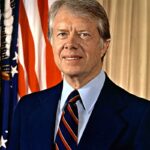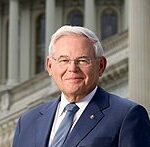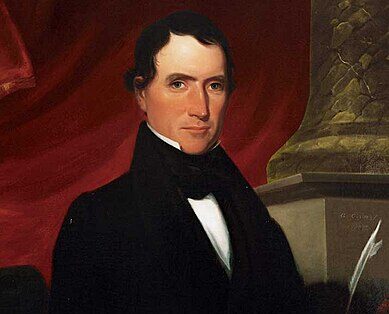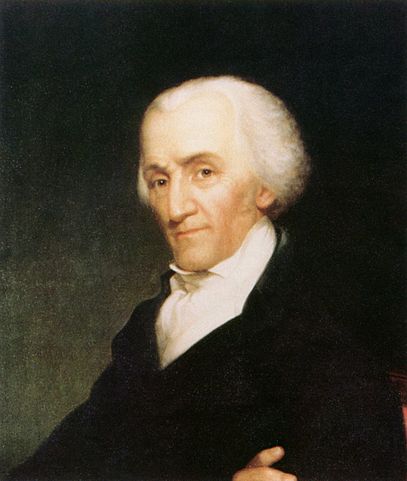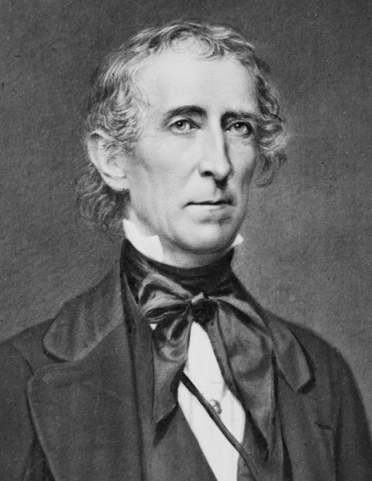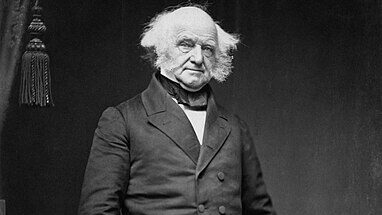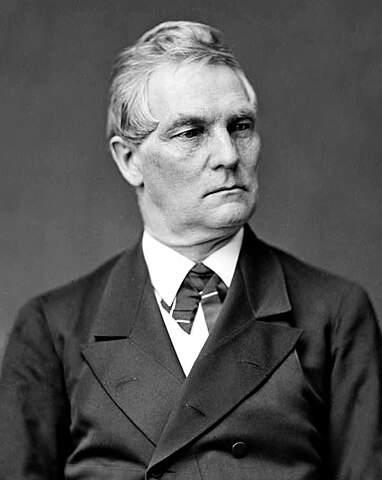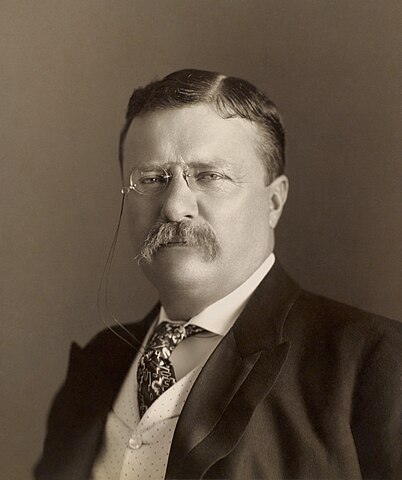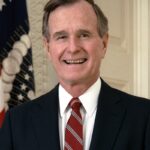 George H.W. Bush, the 43rd Vice President of the United States, served two terms under President Ronald Reagan from 1981 to 1989. Prior to his vice presidency, Bush had an extensive political and diplomatic background, including roles as CIA Director, U.S. Ambassador to the United Nations, and Chairman of the Republican National Committee. As Vice President, Bush became a trusted advisor to Reagan, especially during critical moments like the attempted assassination of Reagan in 1981, during which Bush effectively provided leadership and stability.
George H.W. Bush, the 43rd Vice President of the United States, served two terms under President Ronald Reagan from 1981 to 1989. Prior to his vice presidency, Bush had an extensive political and diplomatic background, including roles as CIA Director, U.S. Ambassador to the United Nations, and Chairman of the Republican National Committee. As Vice President, Bush became a trusted advisor to Reagan, especially during critical moments like the attempted assassination of Reagan in 1981, during which Bush effectively provided leadership and stability.
Bush’s vice presidency focused on a range of domestic and international issues. He played a significant role in U.S. foreign policy, representing the Reagan administration in meetings with foreign leaders, especially in the context of Cold War dynamics. Bush’s travels to over 50 countries demonstrated a diplomatic presence that complemented Reagan’s policies, particularly regarding U.S.-Soviet relations. He also chaired a high-profile task force on deregulation and was a key player in initiatives such as the “Just Say No” anti-drug campaign. Bush’s experience and steady demeanor contributed to Reagan’s successful foreign policy outcomes, including the eventual easing of tensions with the Soviet Union. His service as vice president built his reputation as a competent leader and prepared him for his own successful presidential bid in 1988.



